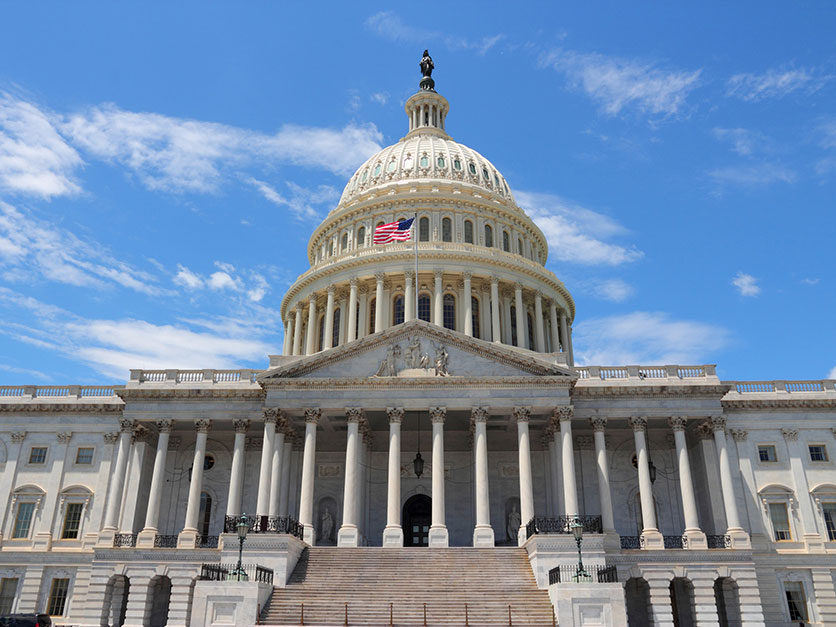House Democrats are proposing historic funding for conservation programs, agricultural research, renewable energy and forestry and other climate-related priorities as part of a $3.5 trillion tax and spending package.
Draft legislation released by the House Agriculture Committee Thursday omitted $28 billion in provisions for conservation programs, because of delays in getting the final cost estimates from the Congressional Budget Office, said Chairman David Scott, D-Ga. He said Friday that the conservation title would be added to the legislation later.
The Agriculture Committee measure, which is intended to be folded into the broader package being developed by House and Senate Democrats to carry out President Joe Biden's Build Back Better agenda, contains $7.75 billion for agricultural research aimed at addressing climate change.
The funding includes $2.6 billion for USDA’s National Institute for Food and Agriculture, which funds research at colleges and universities and $540 million that would go to the Foundation for Food and Agriculture Research, which combines funding from USDA with private research dollars.
Another $1 billion in research funding is designated for minority-serving institutions. Some $380 million is earmarked for the Agriculture Advanced Research and Development Authority, and $250 million is set aside for USDA’s Agricultural Research Service. Some $54 million would go to the National Agricultural Statistics Service, and the Economic Research Service would get $45 million.
By comparison, USDA’s total research budget for fiscal 2021 is about $3.2 billion, including NIFA, ARS, NASS and ERS.
Some $18 billion in the draft measure is designated for rural development programs, $9.7 billion of which would go to rural electric cooperatives and rural communities for renewable energy.
Nearly $3.9 billion would be designated for a Rural Partnership Program that would help rural communities plan and implement development projects.
Another $2.6 billion is earmarked for USDA’s Rural Energy for America Program, which provides grants and loans for energy efficiency improvements. An additional $960 million is designated for biofuel infrastructure.
Interested in more coverage and insights? Receive a free month of Agri-Pulse West
The largest share of funding under the Agriculture Committee’s provisions - some $40 billion, according to a bill summary - would go toward forestry programs that would help prevent wildfires and improve forest health.
The conservation funding that is expected to be added to the legislation would be intended to promote climate-friendly farming practices, and the money would provide a major boost to the next farm bill. The 2018 farm bill, which expires in 2023, provided $60 billion in total conservation program spending over 10 years.
More than 60 conservation and ag groups appealed to Democratic congressional leaders last month to allocate $30 billion for conservation programs.
Once the Agriculture Committee and other panels finish their work, Democrats intend to move the combined spending package through the budget reconciliation process, which would allow it to pass the Senate without any Republican votes.
The House Education and Labor Committee is separately considering a portion of the reconciliation package that would provide $35 billion in new spending for child nutrition programs. The committee's measure would allow another 9 million kids to receive free school meals while also making low-income children nationwide eligible for $75 a month in nutrition assistance when they are out of school during the summer.
Ben Nuelle and Steve Davies contributed to this report.
For more news, go to www.Agri-Pulse.com


